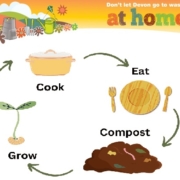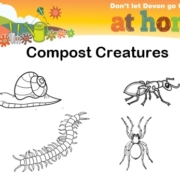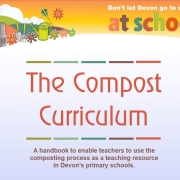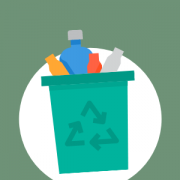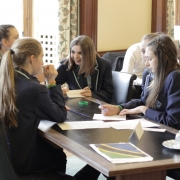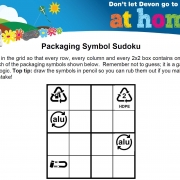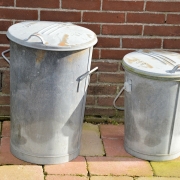Eco-anxiety
Packaging Symbol Sudoku
Challenge your children to do our Packaging Symbol Sudoku.
Holiday activity for the summer: What was it like?
What was rubbish collection like in the old days? Start a conversation with an older friend or relative and find out!
Summer Holiday Activities: Guess the Word
This guess the word game focused on materials will get the whole family involved!
Summer holiday activity: Got magazines? Make recycled beads!
Try making these wonderful African style beads from old magazines.

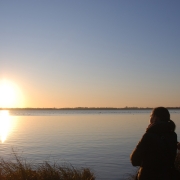 Pixabay
Pixabay